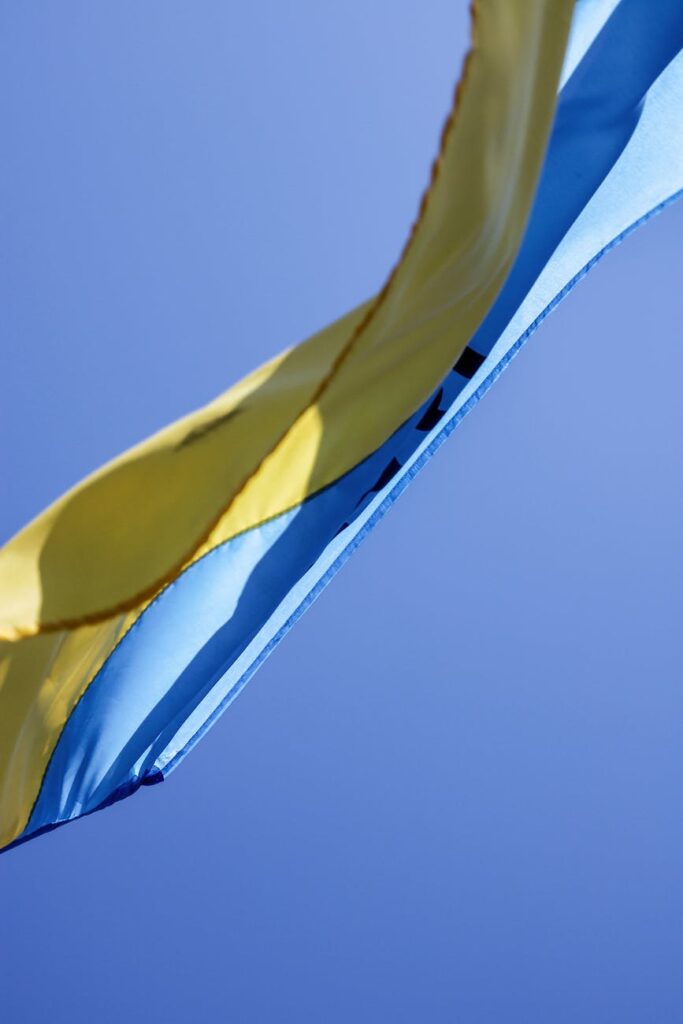
By Vladimir Golstein, Facebook, 12/4/23
My review of Gary Saul Morson’s book, Wonder Confronts Certainty, has just came out in Claremont Review of Books, a fascinating publication whose authors are doing ungrateful job of swimming against the current.
Below are some of my observations from this essay. I guess one has to be a subscriber to read the whole thing. But you’ll catch the drift from these paragraphs. The link to the essay (is in the comments):
What is there in great Russian novels that provokes such a strong sense of attachment and identification? Morson, a prolific literary and cultural critic whose insights into Russian literature have benefited generations of readers, is abundantly qualified to answer that question.
Claremont Review of Books
Fall 2023
A Happy Guest in Russia’s Pages
The great Russian novels provoke a strong sense of attachment and identification.
by Vladimir Golstein
https://claremontreviewofbooks.com/a-happy-guest-in-russias-pages/
Wonder Confronts Certainty: Russian Writers on the Timeless Questions and Why Their Answers Matter
By Gary Saul Morson
Amazon: https://www.amazon.com/Wonder-Confronts-Certainty-Timeless-Questions/dp/0674971809
This volume is vintage Morson. It addresses serious subjects with the gravity they deserve, conveying the sense of wonder one experiences when reading great fiction. The study also exposes the follies and abuses perpetrated by the Commissars of Certainty—the radical intelligentsia (from the Russian intelligents) willing to die or kill for some scheme of universal happiness. The plea that resounds again and again throughout Russian novels is to avoid abstract utopias and focus on the goodness and beauty of everyday life. It is as timely a message now as it was in the 19th century— or even more so, since technological advances make it easier for today’s Grand Inquisitors to forcibly impose their idea of human bliss on the world stage. The petty tyrant of medieval Seville, whom Fyodor Dostoevsky depicts subjugating city-dwellers and interrogating Christ in The Brothers Karamazov, couldn’t even imagine all the means of control and manipulation available to today’s self-appointed saviors of mankind.
Russia’s peculiar historical development furnished the intelligentsia with plenty of means, motives, and opportunities to articulate, and more importantly to implement, their radical theories. Over the course of the last 150 years, these theories and practices have shaped the trajectory of Russia’s intellectual and material history. Morson’s book frames an opposition between the literary artists who attempted to make sense of themselves and their world, and the ideologues who fancied they had already explained the world and so wanted, à la Karl Marx, to change it…
The book explores intense culture wars waged between the artists (call them “Team Wonder”) and the radical critics (“Team Certainty”). These groups embodied not just two different cultural traditions but two rather fundamental aspects of human nature—perhaps distinguished by the two sides of our brains, or simply two different approaches to the universe and its mysteries.
Morson compares “certaintists” to the hedgehog, and their opponents to the fox of the fable popularized by Isaiah Berlin: “A fox knows many things, but a hedgehog knows one big thing.” While foxes thrive on dialogue, on switching perspectives, and on looking at themselves from outside so as to learn and adapt, “for hedgehogs, dialogue can make no further discoveries because there is nothing left to discover.” The road to hell is paved with certainties.
Since we do see through a glass darkly in the affairs of this world, it remains reasonable to avoid fake clarity and abstract formulas that can’t possibly do justice to life’s complexity and unpredictability. It was these demonic certainties of the intelligentsia that great Russian authors exposed—convincingly, to many, though not to the intelligentsia itself. The intelligents, despite the inadequacies of their outlook, persisted in becoming more self-righteous, intolerant, and violent. They embraced first anti-tsarist terrorism, then the 1917 revolution with its stated goal of constructing a socialist utopia. Morson’s comparisons between the insights of novelists and the follies of the intelligentsia justify the harsh judgment pronounced in 1909 by the essayist Mikhail Gershenzon: “In Russia an almost infallible gauge of the strength of an artist’s genius is the extent of his hatred for the intelligentsia.”
A book like this, which argues for the relevance of thousands of small things and resists sweeping pronouncements of certainty, can’t be reduced to one message. Morson eschews grand theories about “what must be done” (the obsession of Nikolai Chernyshevsky and Vladimir Lenin). Instead he focuses on negative examples of what must be avoided: dogmatism, myopia, and what Mikhail Bakhtin called “theoretism,” i.e., “the belief that abstractions are more real than experience.” The book’s main argument is presented in chapters with revealing titles: “What Is Not to be Done?” “Who Is Not to Blame?” “What Don’t We Appreciate?” “What Doesn’t it all Mean?” Reading through Morson’s lively narrative, an attentive reader is bound to acquire a wisdom that prefers not to blame, not to imagine that it knows what to do, not to reduce complex life experience to abstractions, and not to suffocate with certainty what should remain a subject of wonder….
Novels rarely offer recipes for universal salvation. They capture small discoveries and might prompt slight adjustments in a few hearts, which nevertheless can be a great boon to humanity at large. Along with other great novelists, Leo Tolstoy prompted his readers to reorient their vision and re-calibrate their system of values: What matters is the person suffering here and now, rather than some distant scheme. In War and Peace, Tolstoy’s Pierre is transformed when he realizes that “everything near and commonplace” once seemed “insignificant and limited” because he “had equipped himself with a mental telescope
and gazed into the distance” so that “things seemed to him great and infinite only because they were not clearly visible.” It is this need to replace our mental telescope with the microscope, clarity with wonder, that Russian novelists articulate so forcefully.
Writing when the microscope and telescope were both new discoveries, John Milton made a similar plea. In Paradise Lost (VIII.172-4), the archangel Raphael admonishes Adam against trying to decipher all God’s “wondrous Works”: “Heav’n is for thee too high / To know what passes there; be lowlie wise: / Think onely what concernes thee and thy being.”
In Landmarks, the philosopher Semen Frank highlighted the dangers of the “telescopic” way of approaching the world: “The abstract ideal of absolute happiness in the remote future destroys the…vital sensation of love for one’s neighbor…. Great love for future humanity engenders great hatred for people.”
But such appeals, writes Morson, “ran counter to the prevailing Russian ethos.” The intelligentsia’s telescopic myopia was as disturbing as its intolerance of criticism and opposing points of view. “Nothing in Marxism is subject to revision,” Lenin declared. “There is only one answer to revisionism: smash its face in.” This attitude, which Morson calls “willful non-knowing,” is the zeal of a neophyte who views disagreement as religious apostasy, meriting destruction or, in current parlance, “cancellation.” Still today, certainty can lead quite naturally to absolutism.



